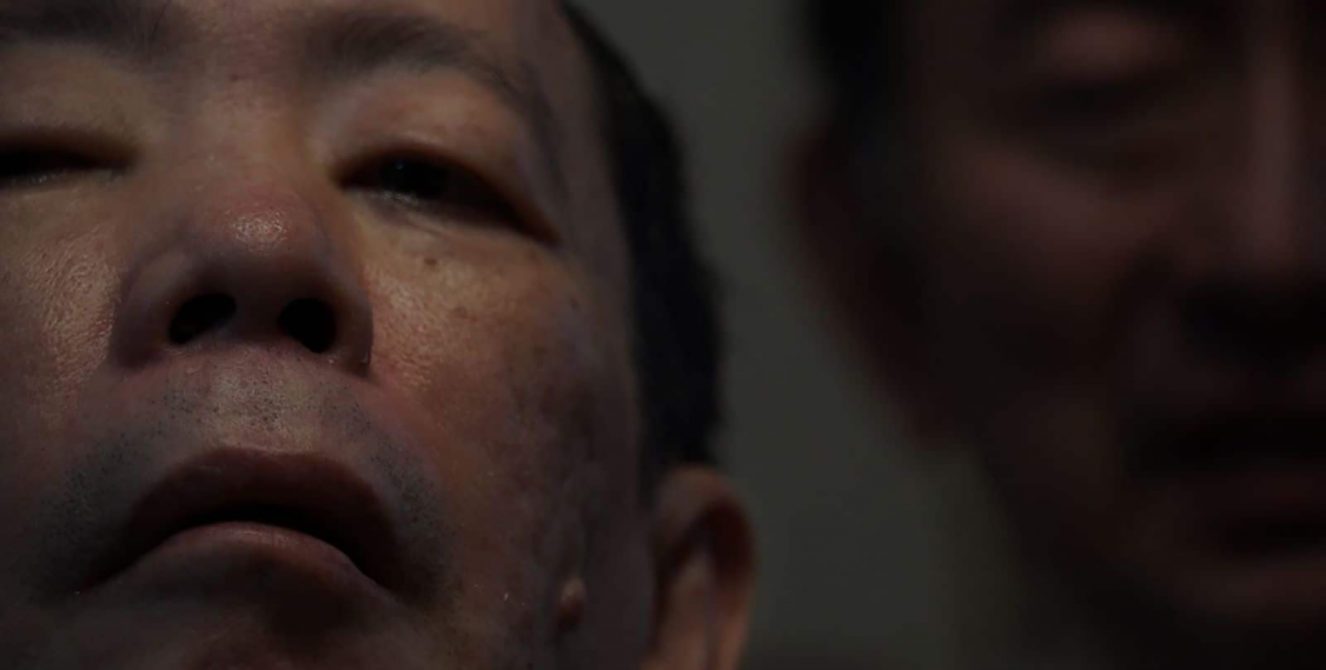Caniba
2017, 90 Minutes, DCP
France
Language: Japanese

Director: Lucien Castaing-Taylor, Verena Paravel
Distributor: Grasshopper Film
In 1981 Paris, Issei Sagawa (then a 32 year-old student at the Sorbonne) gained international infamy when he was discovered discarding two bloody suitcases containing the remains of a classmate he had murdered, defiled and partially consumed, several days earlier. Considered unfit to stand trial for reasons of insanity, Sagawa was extradited back to Japan where he has lived freely in the care of his brother Jun ever since. He has managed not only to remain free, but to make his living off his crime; writing novels, drawing manga, appearing in innumerable documentaries, sexploitation films, and perhaps most confoundingly as a sushi critic. While he has escaped incarceration and profited from his crime, he has created a psychological prison of sorts for himself—and perhaps even more so for his caretaker brother. Indeed, the story is not Issei’s alone; his brother Jun has been deeply affected by the ghastly choices his brother has made during their shared journey. While Issei gets all the attention for his horrendous desires, Jun may be the more fascinating character.
Anyone familiar with Véréna Paravel and Lucien Castaing-Taylor—the groundbreaking directors behind MdFF 2013’s Leviathan—is likely unable to imagine a more compelling duo to tackle the sensational and oft superficially handled subject of cannibalism. Paravel and Castaing-Taylor (who also head Harvard’s Sensory Ethnography Lab) shoot their film in unceasing close-up, that never allows the audience to escape the suffocating reality of the subject’s shocking past. While unsettling in its relentlessness, this approach forces the viewer to confront the rather frail human being behind such a heinous act. Seeking, in the filmmakers’ words, to avoid “predictable moralistic pieties,” the film does not ask the viewer to feel sorry for its subject, but rather to attempt to have empathy where normally there would be none. It asks one to look beyond the grisly act itself and confront the conditions that helped to shape these horrific urges, particularly the society that in many ways condones these acts through its voyeuristic fascination with them. Caniba is a study of the human condition as much as it is a piercing portrait of a man who has committed an unspeakable act. (Scott Braid)
Ticketholder must be in line 15 minutes prior to show time. No refunds or exchanges.
